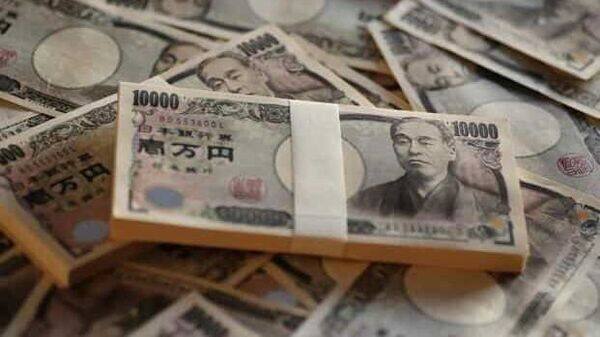Japan’s currency, the yen, has plummeted to its lowest level against the U.S. dollar since 1990, reflecting ongoing economic challenges and the persistent strength of the dollar. As of today, the yen has dipped to nearly 150 per dollar, a stark reminder of the currency’s prolonged depreciation over the past year.

Source:- BBC news
This significant drop can be attributed to the divergent monetary policies of Japan and the United States. While the Federal Reserve has aggressively raised interest rates to combat inflation, the Bank of Japan has maintained its ultra-loose monetary policy, resulting in a widening interest rate gap. Investors are thus drawn to the higher returns in the U.S., exacerbating the yen’s decline.
Source:- news 18
Additionally, Japan’s economy continues to grapple with deflationary pressures and slow growth, further weakening investor confidence in the yen. The country’s reliance on importing energy and raw materials, which have become more expensive due to the weak yen, has also contributed to the economic strain.
The yen’s slump has significant implications for Japan’s economy, making imports costlier and potentially disrupting the recovery of the export-dependent nation. The government and the Bank of Japan are under increasing pressure to address the currency’s decline, balancing measures to stimulate growth without triggering further depreciation.
Share your views in the comments

